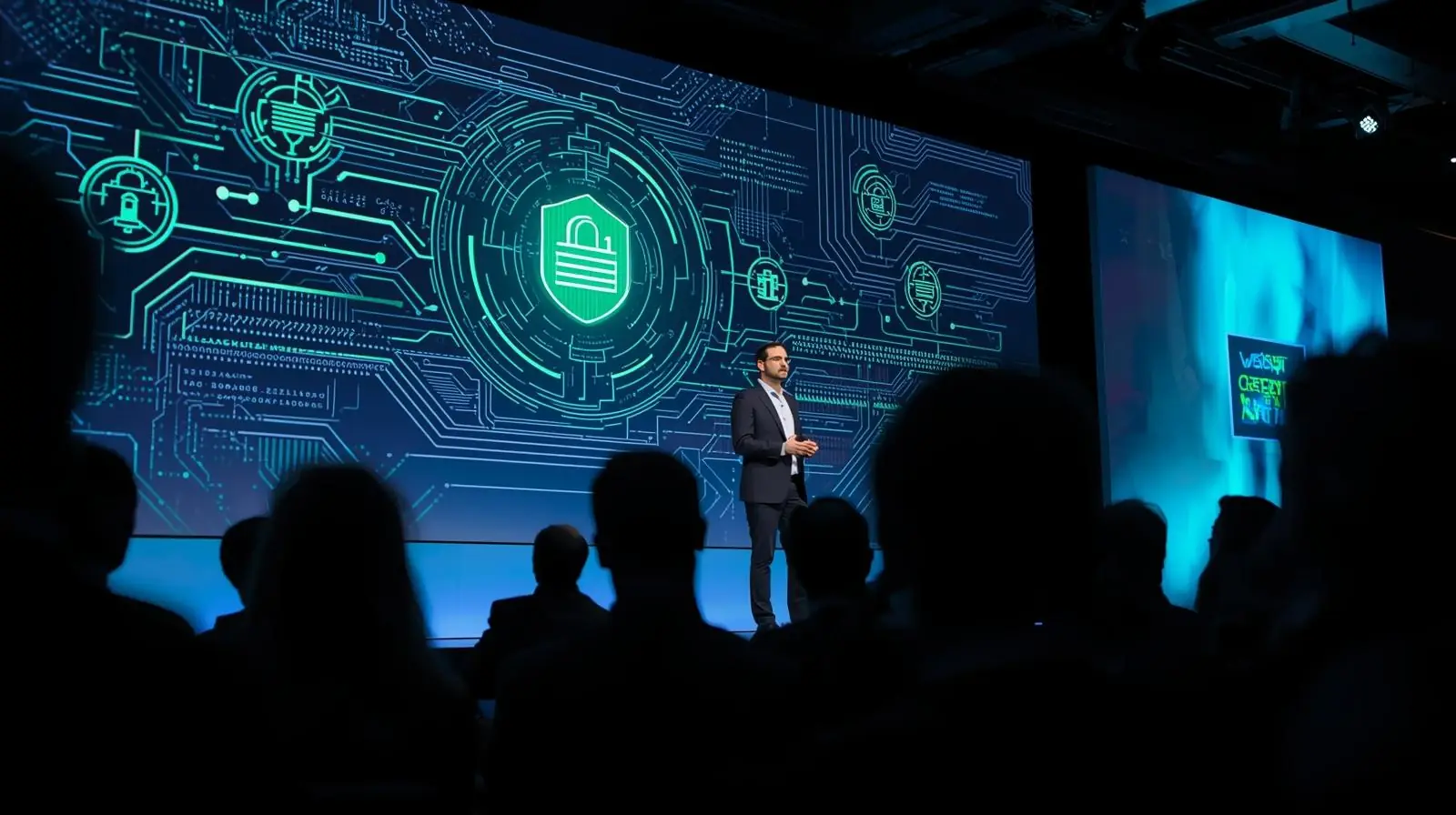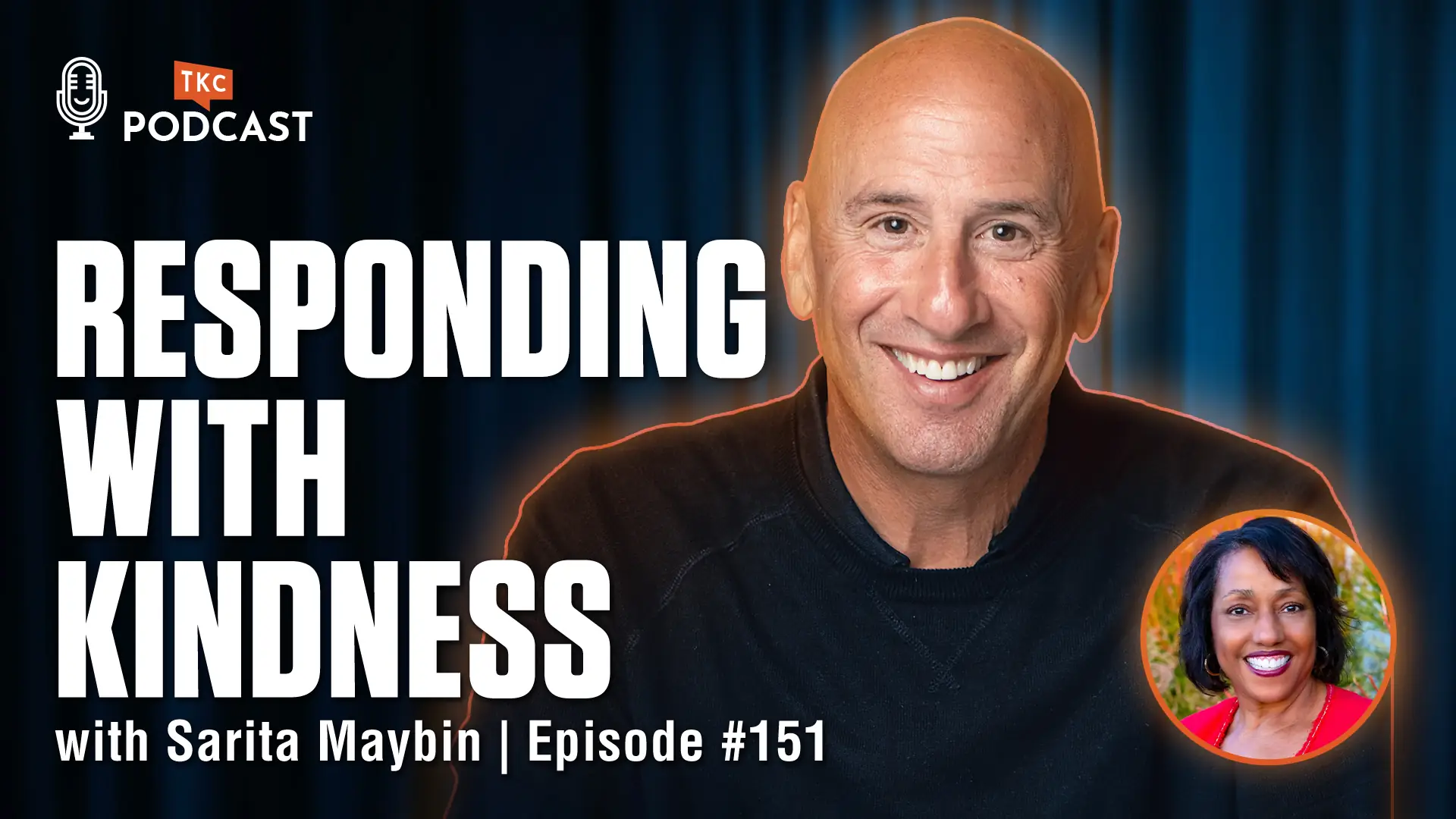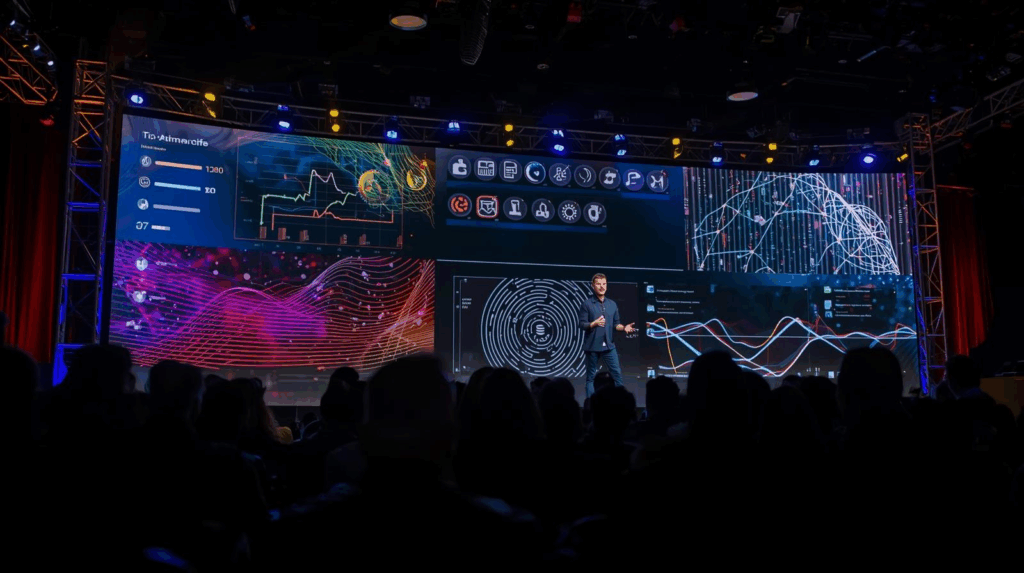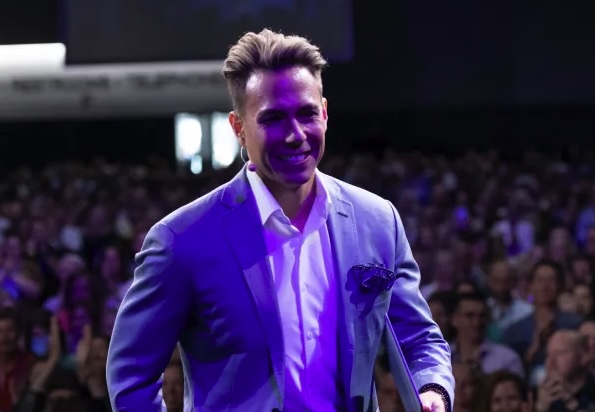
September 10, 2025Olympic Champion Apolo Ohno’s Blueprint for Success
This week, we had a top keynote speaker, Apolo Ohno, as a guest on The Keynote Curators podcast, where he shared the performance principles that carried him through eight Olympic medals and now guide his success in business and speaking.
“Your health and your mindset is really intrinsically tied to not only the quality, but also the fulfillment aspect of your life. And so my mission is to remind folks that this is tied to this and this is tied to everything else. So we just wanna be able to mindful and monitor, how am I sleeping? How am I eating? How am I moving, and how am I thinking?” – Apolo Ohno
This week, we had a top keynote speaker, Apolo Ohno, as a guest on The Keynote Curators podcast, where he shared the performance principles that carried him through eight Olympic medals and now guide his success in business and speaking. As an elite athlete turned entrepreneur and keynote speaker, Apolo revealed the systematic approach that transforms high-pressure situations into opportunities for excellence.
For meeting professionals managing complex events, tight deadlines, and demanding stakeholders, Apolo’s framework offers a practical roadmap for maintaining peak performance while building sustainable success. His insights connect the dots between personal wellness and professional achievement in ways that resonate deeply with today’s achievement-oriented culture.
The Four Pillars That Support Everything
Apolo’s performance philosophy centers on what he calls “the four pillars of health”—sleep, nutrition, movement, and mindset. These elements function like the legs of a table: while they don’t need to be perfect, they must be strong enough to support everything you’re trying to accomplish.
“While they don’t have to be perfect, I always like to try to nudge and hopefully spark some inspiration in people whenever I meet them, to remind them of these four basic tools that they have complete control over,” Apolo explains. This framework provides structure without demanding perfection—a crucial distinction for busy professionals who often abandon wellness efforts because they feel overwhelming.
The beauty of this system lies in its interconnectedness. Poor sleep affects decision-making around food choices. Bad nutrition impacts energy for physical activity. Lack of movement reduces mental clarity. Negative thinking patterns disrupt sleep quality. Understanding these connections allows professionals to identify which pillar needs attention and how improvements in one area create positive cascades across others.
Sleep: The Ultimate Performance Enhancement Tool
Apolo identifies sleep as “the number one performance enhancement tool that we have,” explaining that quality rest triggers crucial brain cleaning processes that cannot be replicated through other means. During sleep, the brain clears amyloid plaque buildup that can lead to cognitive decline, while initiating regeneration processes essential for peak performance.
“When you sleep a lower amount of hours than you actually need, the ghrelin hormone sends a signal to the brain from the gut telling you that you’re hungry when you’re not hungry,” he notes. This hormonal disruption creates a cascade: insufficient sleep leads to poor food choices, energy crashes, increased caffeine dependence, and further sleep disruption.
For meeting professionals dealing with irregular schedules, travel, and high-stress deadlines, this insight proves transformational. The executive who removes their phone from the bedroom, invests in blackout curtains, or creates a dedicated sleep sanctuary often discovers improvements in decision-making, stress tolerance, and overall job performance that far exceed the effort required.
Professional tennis player Novak Djokovic exemplifies this principle. When asked about match preparation, his immediate response is “I sleep.” For Djokovic, peak performance begins the night before with quality rest, not with technical adjustments or strategic planning.
The “I Didn’t Lose the Gold, I Won the Silver” Moment
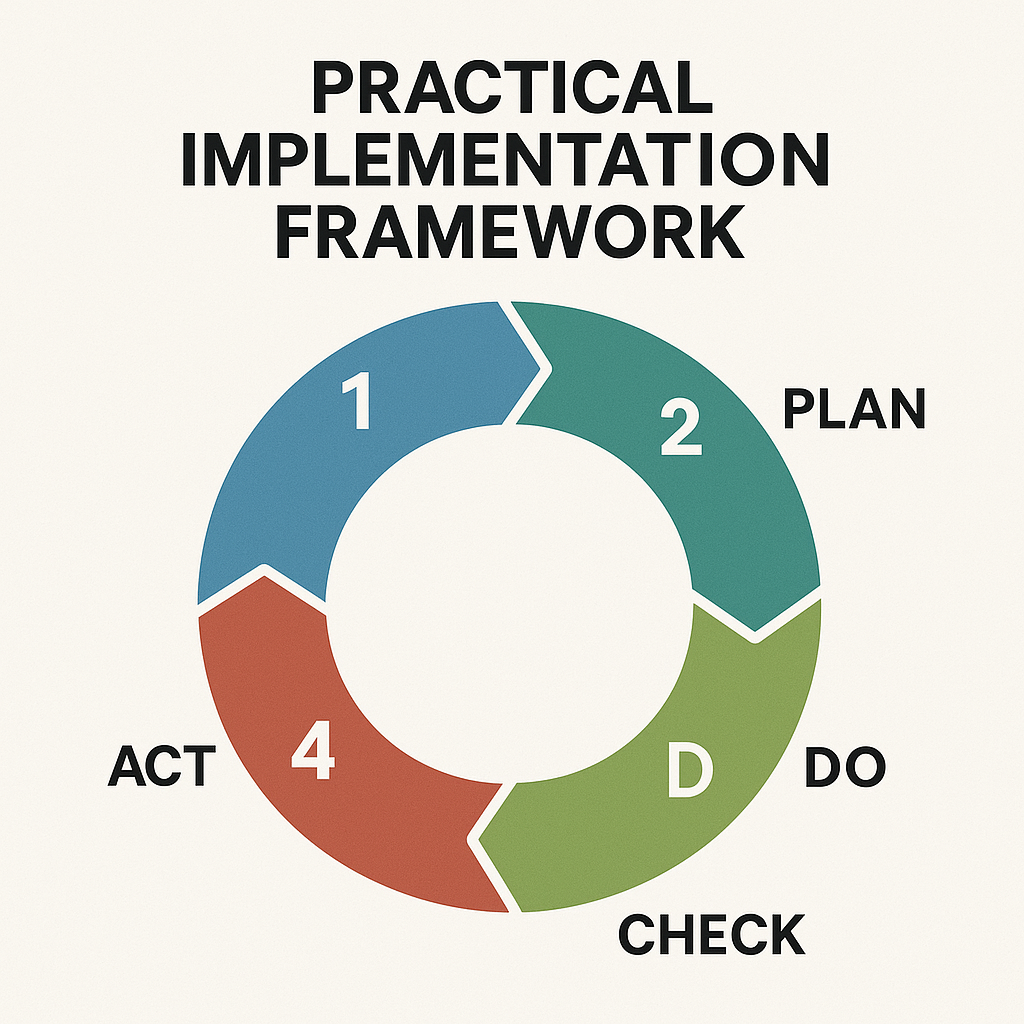
Apolo’s most famous quote emerged from a split-second decision that illustrates the power of response versus reaction. During his first Olympic Games, he was favored to win gold in the 1,000-meter short track speed skating event. In the final, another skater fell, taking Apolo down with them. He scrambled to his feet and threw his skates across the finish line, ultimately winning silver.
When a reporter aggressively asked, “How does it feel to have lost the gold?” the 19-year-old Apolo responded without hesitation: “I didn’t lose the gold, I won the silver.”
This moment occurred six months after September 11, 2001, when America was seeking inspiration and unity. Apolo’s response resonated because it demonstrated grace under pressure and the ability to find meaning in adversity. More importantly, it revealed the mental framework that separates elite performers from everyone else.
“That was a moment where I chose to respond versus react,” Apolo reflects. “Response is the small space that gives you time to contemplate, to not hesitate, but just absorb and marinate for a second, and your response is much more conducive to the goal that you’re actually trying to achieve.”
The Science of Response vs. Reaction
The distinction between responding and reacting represents a fundamental skill for anyone in high-pressure situations. Reactions are immediate, emotional, and often defensive. They emerge from our fight-or-flight nervous system and rarely align with our long-term objectives.
Responses involve a brief pause that allows conscious choice. This pause can be milliseconds or minutes, but it creates space for wisdom rather than impulse to guide decisions. For meeting professionals dealing with last-minute venue changes, vendor issues, or client demands, this skill determines the difference between escalation and resolution.
Apolo’s training in this area began with reframing his brain’s default patterns. Instead of viewing setbacks as failures, he practiced seeing them as opportunities for growth and learning. This mental training proved as crucial as his physical conditioning in achieving Olympic success.
The key insight: you can train yourself to respond rather than react. This training happens through daily practice with small situations, building the neural pathways that will serve you when the stakes are highest.
Mental Health and Modern Challenges
Apolo addresses mental health with the same systematic approach he brings to physical training. He recognizes that modern life presents unique challenges through what he calls “dopamine dig ceuticals”—smartphones, social media, instant gratification tools that hijack our natural reward systems.
“Everyone in this sub-20, sub-25 age group has access to these dopamine dig ceuticals on their phone. They’re just being fed all day every day,” he observes. These tools create artificial satisfaction that makes genuine achievement feel less rewarding and builds tolerance requiring increasingly intense stimulation.
His solution focuses on reclaiming control over attention and energy. “These digital tools are tools and we should not be mined by these tools for our time and energy, because you’re just giving away your most natural, precious resource that you have that is finite.”
For professionals struggling with focus, motivation, and satisfaction in their work, Apolo’s approach offers practical strategies. Limit dopamine hits from devices, spend time in nature, engage in activities that require sustained attention, and surround yourself with people who challenge and support growth.
The Gut-Brain Connection
Apolo’s discussion of gut health reveals sophisticated understanding of how physical wellness directly impacts cognitive performance. “In Asian culture, the gut is a primary means of being healthy. If your gut is not healthy, you cannot think properly,” he explains.
This connection proves particularly relevant for meeting professionals who often rely on convenience foods, irregular eating schedules, and stress-driven dietary choices. When the digestive system is compromised through poor food choices or eating patterns, mental clarity, energy, and decision-making all suffer.
Athletes face unique gut health challenges because high-intensity exercise alters the gut microbiome daily. The foods that support optimal gut function become critical for both physical performance and mental acuity. This principle applies to anyone in demanding professional environments where sustained energy and clear thinking are essential.
Process Over Prize: The Long Game Approach
One of Apolo’s most valuable insights concerns the relationship between process and outcomes. While goals and vision boards create initial motivation, sustainable success requires falling in love with the daily work itself.
“It’s hard to beat someone who just loves playing the game every day,” he notes. “If it’s a struggle to play the game and you just really aren’t enjoying it, you can probably do okay. But you won’t be your best self.”
This mindset shift proves transformational for meeting professionals who often focus solely on event outcomes—attendance numbers, budget performance, and client satisfaction scores. While these metrics matter, professionals who find genuine satisfaction in the planning process, relationship building, and problem-solving tend to achieve superior results with less stress and burnout.
The process-focused approach also builds resilience. When events don’t go perfectly—and they rarely do—professionals who love the challenge of adaptation and creative problem-solving bounce back faster than those who define success narrowly around perfect outcomes.
The Compound Effect of Small Changes
Apolo emphasizes that dramatic transformations emerge from consistent small improvements rather than massive overhauls. “Small, incremental changes in your daily personal life can dramatically impact the way that you show up in the corporate boardroom,” he explains.
This principle applies to the four pillars: slightly better sleep hygiene, marginally improved food choices, brief daily movement, and minor adjustments to thought patterns. These changes compound over time to create substantial performance improvements.
For busy meeting professionals, this approach proves more sustainable than attempting complete lifestyle overhauls. The executive who starts with 15 minutes of morning movement, the planner who eliminates screens 30 minutes before bed, or the director who takes walking meetings creates momentum that naturally expands into broader wellness practices.
Adapting Elite Principles to Real-World Constraints
Apolo acknowledges the gap between Olympic-level resource access and real-world limitations. “The Apolo from my Olympic days was fine-tuned down to the millimeter of extracting the highest amount of performance, both mentally and physically. But now I’m in the real world and I don’t have access to a lot of those things.”
This honest assessment makes his current approach more applicable to typical professionals. He still travels extensively for speaking engagements, deals with hotel rooms, airplane food, and disrupted schedules—circumstances familiar to anyone in the meeting industry.
His adapted approach focuses on controlling what’s controllable while accepting what isn’t. This mindset prevents the perfectionist trap that causes many professionals to abandon wellness efforts entirely when circumstances aren’t ideal.
Investment Philosophy Applied to Health
As an investor in health and wellness companies, Apolo brings a strategic perspective to personal wellness decisions. He invests in companies “reinventing old food categories” to create healthier versions of familiar products—an approach he applies to his own lifestyle choices.
This investment mindset reframes health decisions from short-term costs to long-term returns. The time spent preparing healthy meals, the money spent on quality sleep equipment, the energy invested in regular exercise—these become investments in sustained performance rather than expenses to minimize.
For meeting professionals calculating return on investment for events, applying this same analytical framework to personal wellness often reveals that health investments generate some of the highest returns available.
Practical Implementation Strategy From Apolo Ohno
Apolo’s framework translates into actionable steps for busy professionals:
Sleep Optimization: Create a dedicated sleep environment free from work materials, electronic devices, and disruptions. Invest in blackout curtains, high-quality bedding, and a consistent sleep schedule, even during travel.
Nutrition Foundation: Focus on gut health through whole foods, consistent meal timing, and mindful eating practices. Avoid the cascade of poor sleep leading to poor food choices leading to energy crashes.
Movement Integration: Find ways to incorporate physical activity that you genuinely enjoy rather than viewing exercise as punishment. Walking meetings, standing desks, and brief movement breaks throughout the day build sustainable habits.
Mindset Training: Practice the pause between stimulus and response. Use small daily challenges to build the neural pathways that will serve you in high-pressure professional situations.
Environment Design: Surround yourself with people and situations that support your growth rather than drain your energy. This includes both personal relationships and professional networks.
Seth Dechtman: Master Keynote Curator
Seth Dechtman specializes in connecting meeting professionals with speakers who deliver transformational content that creates lasting behavioral change. As founder of The Keynote Curators, Seth understands that the most powerful events occur when speakers share authentic experiences that resonate with audience challenges.
Client Testimonials:
“Seth’s recommendation of Apolo Ohno transformed our leadership conference. His four pillars framework gave our executives practical tools they immediately implemented, leading to measurable improvements in team performance.” – Rachel T., Chief Operations Officer, Fortune 500 Company
“The Keynote Curators doesn’t just book speakers—they curate experiences. Seth’s understanding of our industry challenges helped us find speakers who addressed our real needs, not just surface-level motivation.” – James K., Executive Director, Professional Association
“Working with Seth means getting speakers who bring both credibility and authenticity. Apolo’s combination of Olympic achievement and business success created exactly the inspiration our sales team needed.” – Michelle P., VP Sales, Technology Company
Connect with Seth and The Keynote Curators team to book Apolo Ohno as a keynote Speaker or to discover speakers who help your audience develop the mindset and habits needed for sustained peak performance.
Ready to hear the complete conversation? Listen to Apolo Ohno on The Keynote Curators Podcast for the full discussion on performance optimization, mental resilience, and practical strategies for achieving sustainable success.
Connect with The Keynote Curators:
Tags: apolo ohno
Discover More Insights
Get in TouchContact US
Fill out the form so we can best understand your needs.
A representative from The Keynote Curators will reach out to you.



